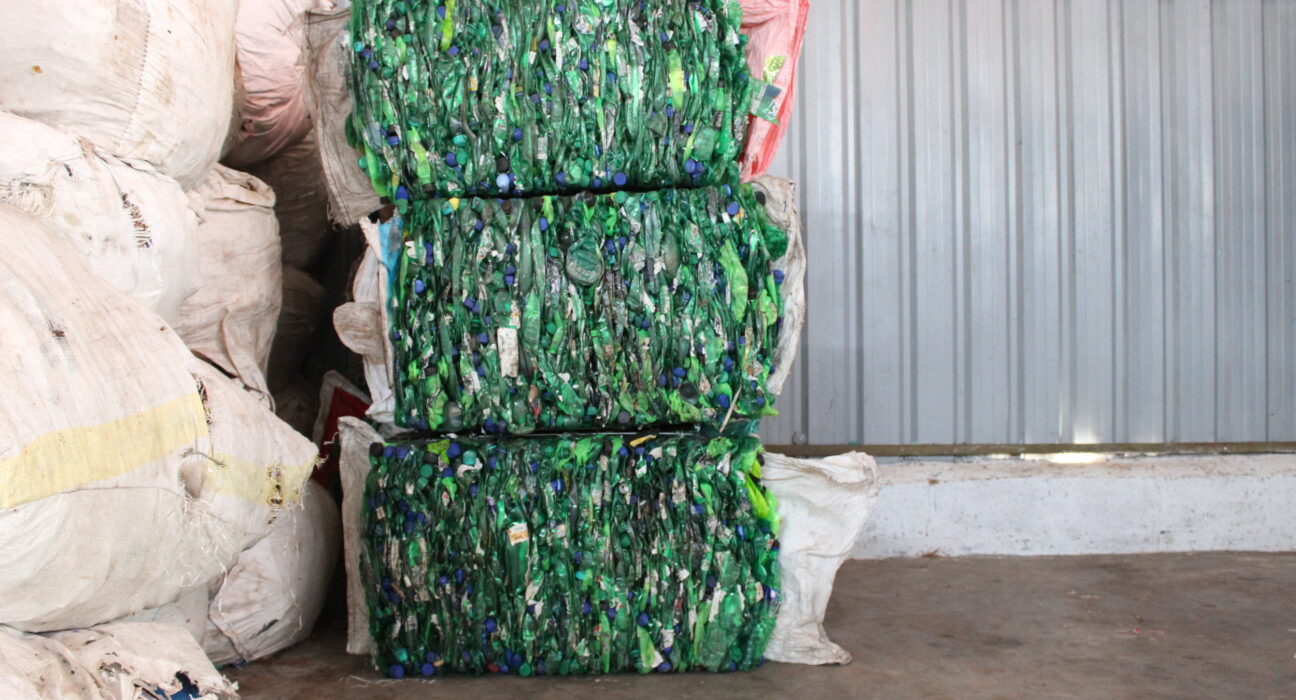Waste management, particularly in dealing with plastics, has been a topic of concern and development for over half a century. From the rudimentary dumping practices of the 1970s to today’s intricate policies focused on reducing plastic waste and promoting recycling, the evolution has been significant.
One key lesson learned is that there are still substantial global disparities in waste management practices. While some regions have made remarkable progress in implementing effective policies and infrastructure for handling plastic waste, others lag behind. This imbalance highlights the need for more robust regulations, improved technological solutions, and enhanced infrastructure to establish a truly circular economy for plastics.
Experts emphasize that achieving a circular plastics economy requires collaborative efforts from various stakeholders including governments, industries, communities, and individuals.
It is not just about recycling but also reducing plastic consumption, designing products with recyclability in mind, and investing in innovative solutions for plastic waste management.
As Haritz Sardón from POLYKEY in Spain suggests:
“We need to shift our focus from simply managing plastic waste to preventing it at its source. This requires a holistic approach that addresses production, consumption, collection, and recycling.”
Recent initiatives such as the Fair Circularity Initiative’s proposal for providing a living income to informal waste workers underscore the importance of inclusivity in sustainable waste management practices. By empowering those involved in informal recycling sectors economically and socially, there is potential to enhance overall waste reduction efforts.
The European Union has set an example with 41% of plastic packaging waste being recycled by 2022 according to Eurostat data. However, individual countries like India are also making strides with initiatives like the National Circular Economy Roadmap aiming at reducing plastic pollution significantly.
In contrast, reports show that the United States struggles with low plastic recycling rates despite being one of the largest producers of plastic waste globally. The US Environmental Protection Agency’s data reveals that only close to 5% of plastics were recycled recently—a concerning statistic indicating room for improvement.
An essential aspect highlighted by experts is understanding the broader environmental impacts associated with mismanaged plastics. Coralie Jehanno from POLYMAT emphasizes this point:
“Plastic pollution goes beyond visual litter; it affects ecosystems and wildlife causing long-term harm.”
Moreover, education plays a vital role in changing consumer behavior towards single-use plastics. Louise Breloy from POLYMAT stresses:
“Raising awareness about sustainable alternatives and promoting responsible consumption habits are crucial steps towards reducing our reliance on disposable plastics.”
While progress has undoubtedly been made over time regarding plastics waste management practices globally, there remains much work to be done. The journey towards creating a more sustainable future involves continuous innovation, policy improvements, public engagement initiatives as well as fostering partnerships across sectors to address this critical environmental challenge effectively.
In conclusion:
Decades of experience have taught us valuable lessons about managing plastic waste.
Global discrepancies persist highlighting the need for stronger policies and infrastructure.
Collaborative efforts are essential involving governments, industries & communities.
Empowering informal waste sectors can boost sustainability efforts significantly.
Countries like India show promise with dedicated circular economy roadmaps.
The US faces challenges with low plastic recycling rates demanding urgent action.
Environmental impacts go beyond aesthetics affecting ecosystems profoundly.
Consumer education plays a pivotal role in shifting away from single-use plastics.
A sustainable future requires ongoing innovation & multi-stakeholder cooperation.
These insights pave the way for building a more resilient approach towards tackling plastic pollution worldwide—an endeavor that demands collective commitment and proactive measures from all stakeholders involved.

